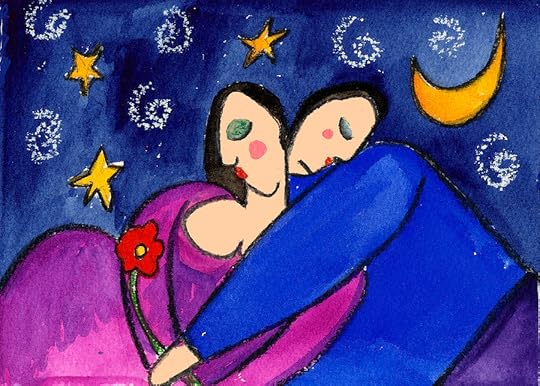What do you think?
Rate this book


200 pages, Hardcover
First published January 1, 2013

Kumaresan had rehearsed his strategy several times in his head. He believed that everything would go according to plan; it had to. He had thought long, and hard about all possible contingencies and modified the plan accordingly. And though he was well aware that any scheme can unravel no matter how foolproof it might have seemed at first, a blind courage propelled him on.
Q: Is Saroja a Dalit?
A: Again, it is never explicitly mentioned, but the story itself and how she is perceived and treated point us in that direction.